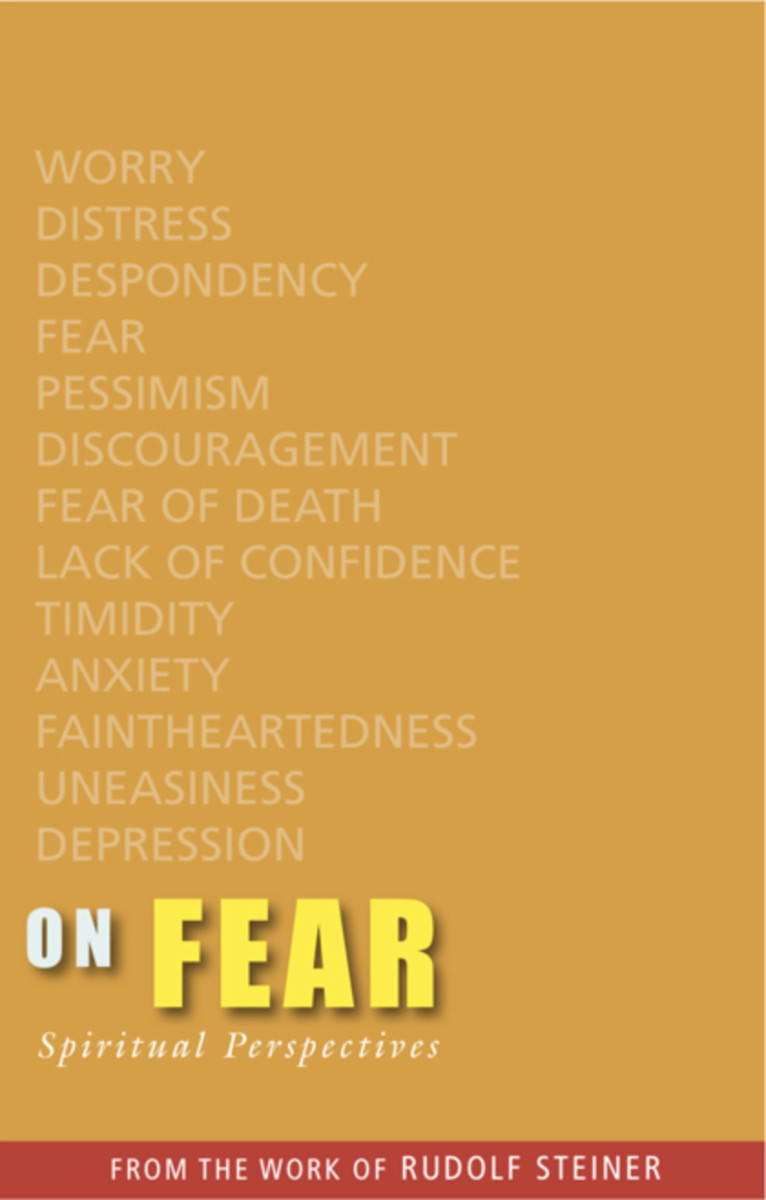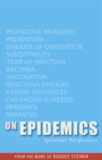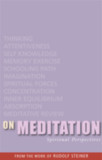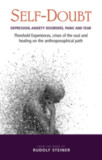On Fear
Spiritual Perspectives
Paperback
December 2012
9781855842632
More details
- Publisher
Rudolf Steiner Press - Published
20th December 2012 - ISBN 9781855842632
- Language English
- Pages 80 pp.
$15.00
“We must eradicate root and branch any fear and dread in our soul concerning the future that is coming towards us.... We must develop composure with regard to all the feelings and sensations we have about the future; we must anticipate with absolute equanimity whatever may be coming towards us, thinking only that whatever it may be will be brought to us by the wisdom-filled guidance of the universe.” —Rudolf Steiner
Based on brief, pithy quotations from Rudolf Steiner’s collected works, the "spiritual perspectives" in this volume present core concepts on the subject of fear. These brief extracts do not claim to provide exhaustive treatment of the subject, but open up approaches to the complexity of Steiner’s extraordinary world of ideas. Some readers will find these fragments sufficient stimulus in themselves, while others will use the source references as signposts towards deeper study and understanding.
C O N T E N T S:
1. Fear and Its Effects
2. Death, Fear of Death, and Fear of the Unknown
3. Fear of the Future and Trust in Destiny
4. Courage for Equanimity—Overcoming Fear
Notes
Sources
Rudolf Steiner
Rudolf Steiner (b. Rudolf Joseph Lorenz Steiner, 1861–1925) was born in the small village of Kraljevec, Austro-Hungarian Empire (now in Croatia), where he grew up. As a young man, he lived in Weimar and Berlin, where he became a well-published scientific, literary, and philosophical scholar, known especially for his work with Goethe’s scientific writings. Steiner termed his spiritual philosophy anthroposophy, meaning “wisdom of the human being.” As an exceptionally developed seer, he based his work on direct knowledge and perception of spiritual dimensions. He initiated a modern, universal “spiritual science” that is accessible to anyone willing to exercise clear and unbiased thinking. From his spiritual investigations, Steiner provided suggestions for the renewal of numerous activities, including education (general and for special needs), agriculture, medicine, economics, architecture, science, philosophy, Christianity, and the arts. There are currently thousands of schools, clinics, farms, and initiatives in other fields that involve practical work based on the principles Steiner developed. His many published works feature his research into the spiritual nature of human beings, the evolution of the world and humanity, and methods for personal development. He wrote some thirty books and delivered more than six thousand lectures throughout much of Europe. In 1924, Steiner founded the General Anthroposophical Society, which today has branches around the world.








